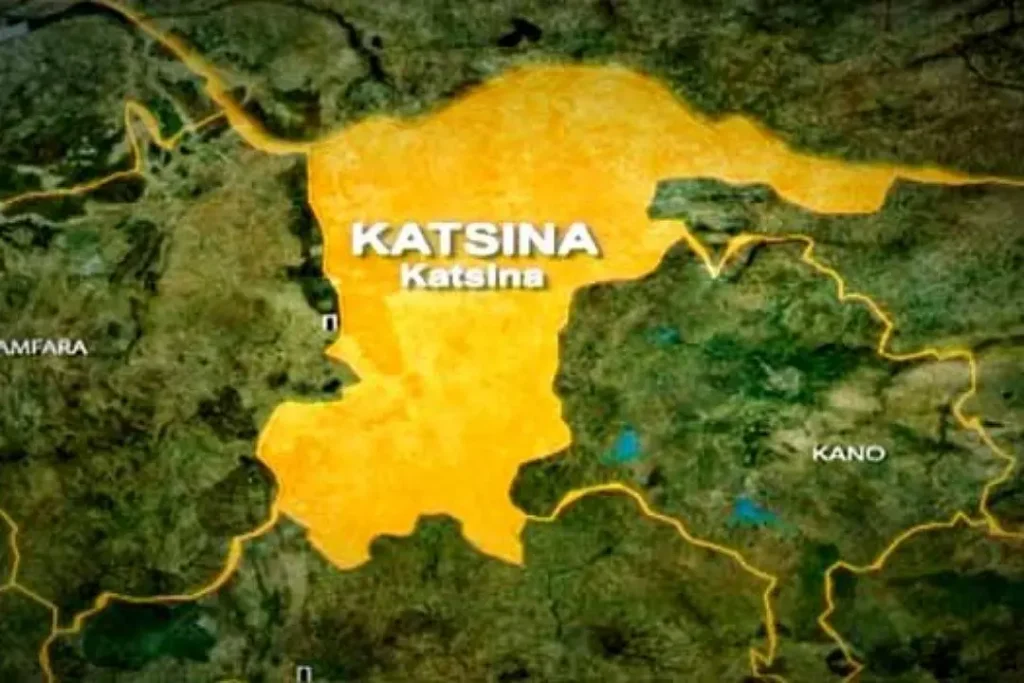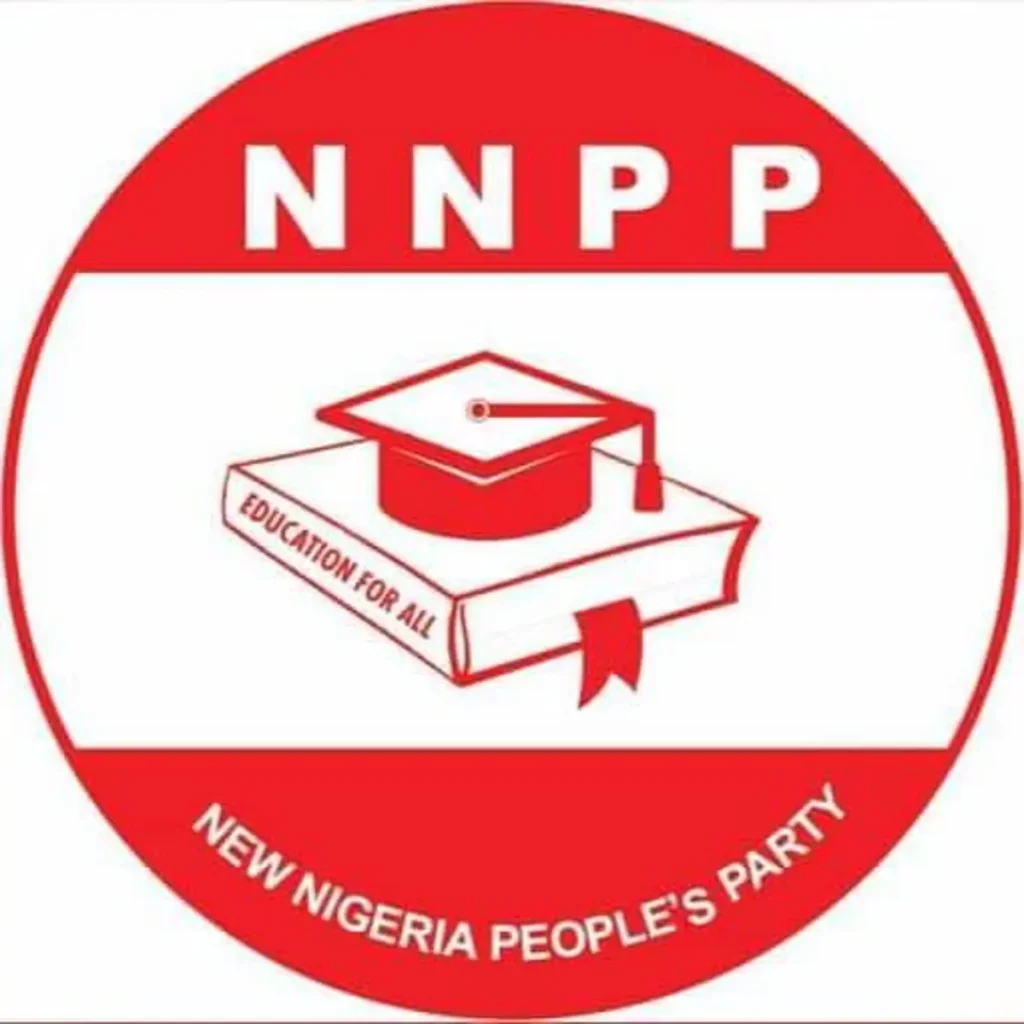Kayode Ajulo, a constitutional lawyer, has expressed his disapproval of the Nigeria Labour Congress (NLC) planned strike. Instead, he advised the NLC to embrace dialogues with the Federal Government. Ajulo recommended the negotiations should focus on wage review and palliatives for citizens, in response to the current fuel subsidy removal by the Federal Government.
Ajulo furthered his statement, citing that the court has always maintained the strike should be a last resort, a trend that’s prevalent globally. He urged the NLC to prioritize reviewing the salaries of civil servants rather than strike action. “Embarking on strike should not be the first and ultimate options as there were other options that must be explored by the union,” he said.
The lawyer expressed worry that no one is asking how to pay the palliatives to cushion the effect of subsidy removal. He urged the NLC to exercise patience and ensure the issue is addressed by consulting far and wide before negotiating with the Presidency.
Mr Ajulo suggested that NLC should negotiate for civil servant salary increments, an end to multiple exchange rates, and statutory benefits and palliatives to be given to the poorest five per cent of Nigerians. He urged NLC to force the government to ensure the nation’s refineries are functional.
Furthermore, Ajulo urged the government to halt the ₦63 billion meant to pay severance packages to the former President and Vice President, former governors, and other officials until implemented measures have been fulfilled. He emphasized that the NLC must think of other alternatives and avoid heating up the polity, as the nation could no longer afford the corruption-infected subsidy regime.
In conclusion, he suggested that some NLC leaders should declare their interests, adding that partisanship or fighting labour interests using partisanship would be detrimental to the union’s purpose. Ajulo emphasized that the NLC should be strategic in handling the subsidy removal issue as President Tinubu has a democratic mandate to remove the subsidy.
NAN



